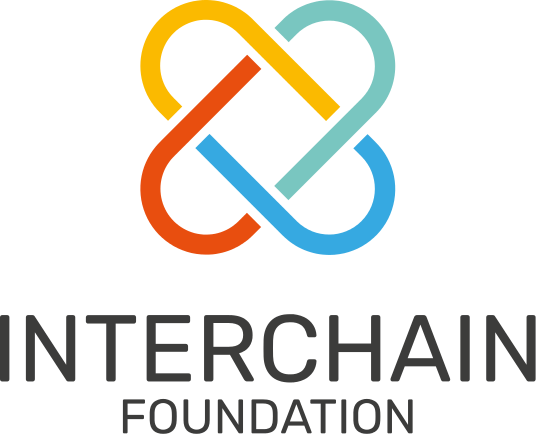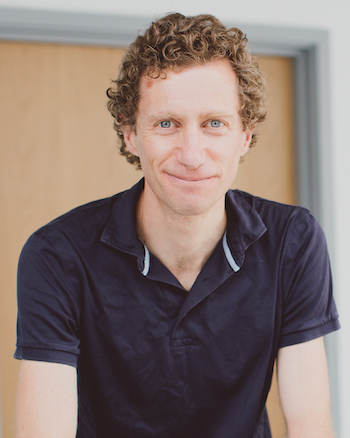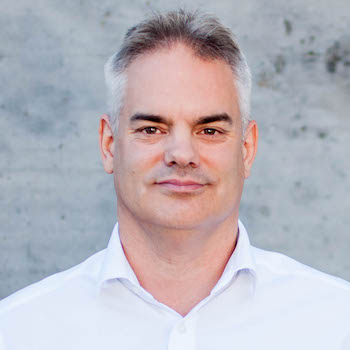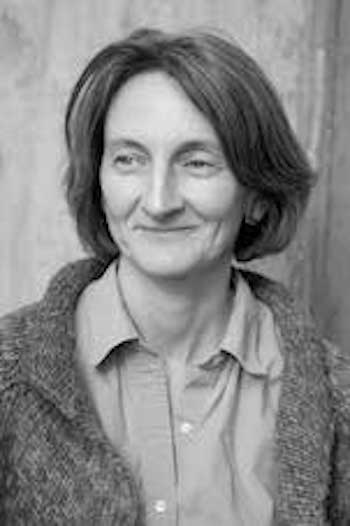Objective
Timing aspects of systems from a variety of computer science domains have been treated independently by different communities. Researchers interested in semantics, verification, and performance analysis study models such as timed automata and timed Petri nets, the digital design community focuses on propagation and switching delays, while designers of embedded controllers have to take account of the time taken by controllers to compute their responses after sampling the environment. Timing-related questions in these separate disciplines do have their particularities. However, there is a growing awareness that there are basic problems that are common to all of them. In particular, all these sub-disciplines treat systems whose behaviour depends upon combinations of logical and temporal constraints; namely, constraints on the temporal distances between occurrences of events.
Topics
The aim of FORMATS is to promote the study of fundamental and practical aspects of timed systems, and to bring together researchers from different disciplines that share interests in modelling and analysis of timed systems. This year again, FORMATS aims at being more inclusive with respect to applications, notably real-time systems and emerging directions such as data science. Typical topics include (but are not limited to):
- Foundations and Semantics: Theoretical foundations of timed systems and languages; comparison between different models (timed automata, timed Petri nets, hybrid automata, timed process algebra, max-plus algebra, probabilistic models).
- Methods and Tools: Techniques, algorithms, data structures, and software tools for analyzing timed systems and resolving temporal constraints (scheduling, worst-case execution time analysis,optimization, model checking, testing, constraint solving, etc.).
- Applications: Adaptation and specialization of timing technology in application domains in which timing plays an important role (real-time software, hardware circuits, and problems of scheduling in manufacturing and telecommunication).
Special Sessions
This year, FORMATS additionally encourages submissions in two particular topics.
- Data-driven methods for timed systems: (chaired by Guillermo Alberto Perez) We are interested in all kind of data-driven methods such as machine learning or automata learning that consider timing aspects. Examples are automata learning for timed automata or reinforcement learning with timing constraints.
- Probabilistic and timed systems: (chaired by Arnd Hartmanns) Real-time systems often encompass probabilistic or random behavior. We are interested in all approaches to model or analyze such systems, for instance through probabilistic timed automata, or stochastic timed Petri nets.
Paper Submission
FORMATS 2020 solicits high-quality papers reporting research results and/or experience reports related to the topics mentioned above. Submitted papers must contain original, unpublished contributions, not submitted for publication elsewhere. The papers should be submitted electronically in PDF, following the Springer LNCS style guidelines. Regular papers should not exceed 15 pages in length (excluding references, that are therefore not limited), and short papers (for instance describing case studies, or implementations) are limited to 5 pages (again excluding references). Each paper will undergo a thorough review process. If necessary, the paper may be supplemented with a clearly marked appendix, which will be reviewed at the discretion of the program committee. Papers will be submitted electronically via the EasyChair online submission system:
https://easychair.org/conferences/?conf=formats2020
Publication and best paper award
The proceedings of FORMATS 2020 will be published by Springer in the Lecture Notes in Computer Science series. The best paper of the conference will be awarded the Oded Maler Award in Timed Systems.




